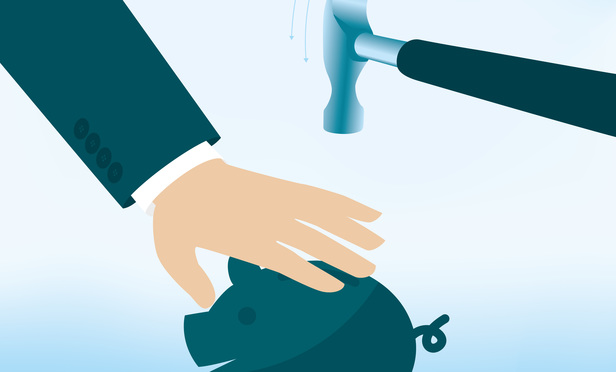The circumstances in which an award of attorney fees in favor of a non-client in legal malpractice cases are exceedingly rare. In Innes v. Marzano-Lesnevich, 224 N.J. 584 (2016), the New Jersey Supreme Court noted that New Jersey has a strong public policy against shifting of counsel fees. There, the court restated the basic principle of New Jersey law, that courts historically follow the “American Rule,” which provides that litigants must bear the costs of their own attorney fees. Innes at 592, citing Litten Indus. v. IMO Indus, 200 N.J. 372 (2009). In fact, the Innes court made it clear that New Jersey has limited exceptions to the American Rule. Id., citing In Re: Niles Trust, 176 N.J. 282 (2003) (“[n]o fee for legal services shall be allowed in the tax costs or otherwise, except in eight enumerated circumstances”) (see also, R. 4:42-9(a)). The Innes court made it clear that any departures from the American Rule are the exception.
In Innes, Mr. Innes and his wife, Maria Carrascosa, were involved in a contentious divorce and custody battle over their daughter, Victoria. The parties entered into an agreement whereby Carrascosa’s attorneys would hold Victoria’s U.S. and Spanish passports in trust in order to restrict travel outside of the U.S. with Victoria without written permission of the other party. However, notwithstanding this agreement, Carrascosa’s attorneys released Victoria’s U.S. passport to Carrascosa, who used it to remove Victoria to Carrascosa’s native Spain, where she has remained for the past 10 years. Also, by order of the Spanish court, Innes was prevented from contacting his daughter.
This content has been archived. It is available through our partners, LexisNexis® and Bloomberg Law.
To view this content, please continue to their sites.
Not a Lexis Subscriber?
Subscribe Now
Not a Bloomberg Law Subscriber?
Subscribe Now
LexisNexis® and Bloomberg Law are third party online distributors of the broad collection of current and archived versions of ALM's legal news publications. LexisNexis® and Bloomberg Law customers are able to access and use ALM's content, including content from the National Law Journal, The American Lawyer, Legaltech News, The New York Law Journal, and Corporate Counsel, as well as other sources of legal information.
For questions call 1-877-256-2472 or contact us at [email protected]



